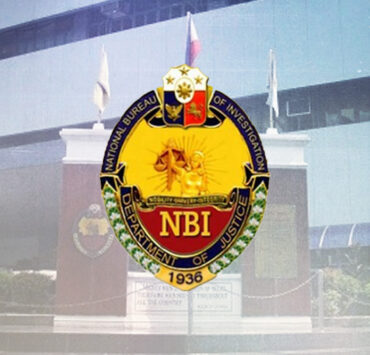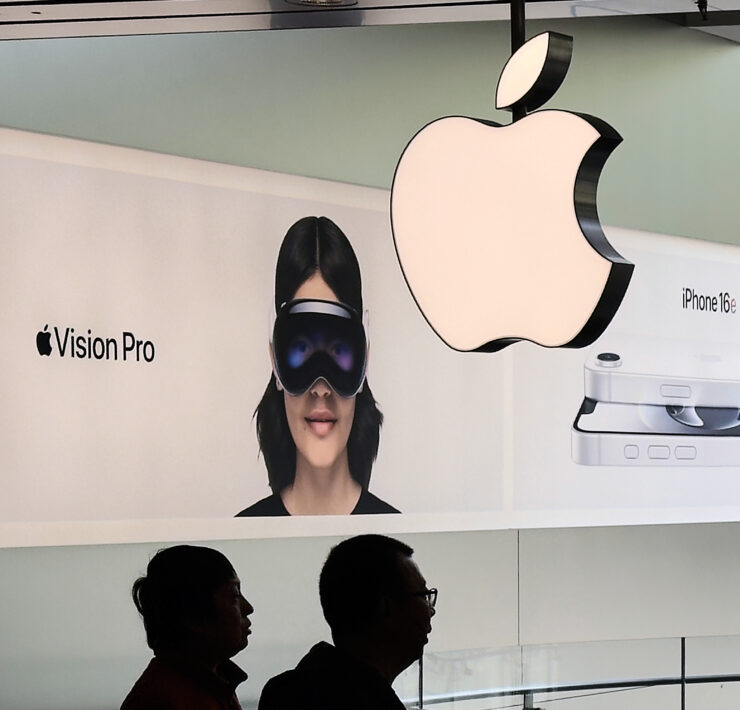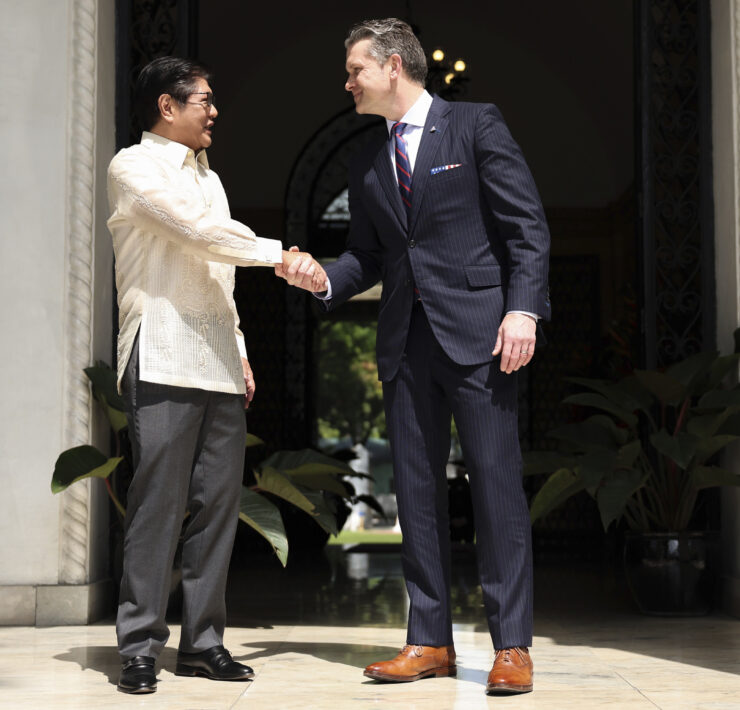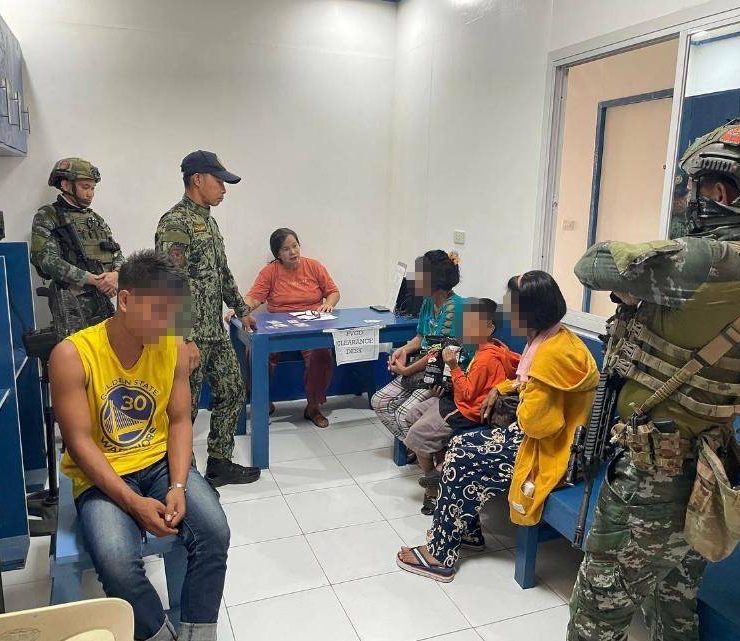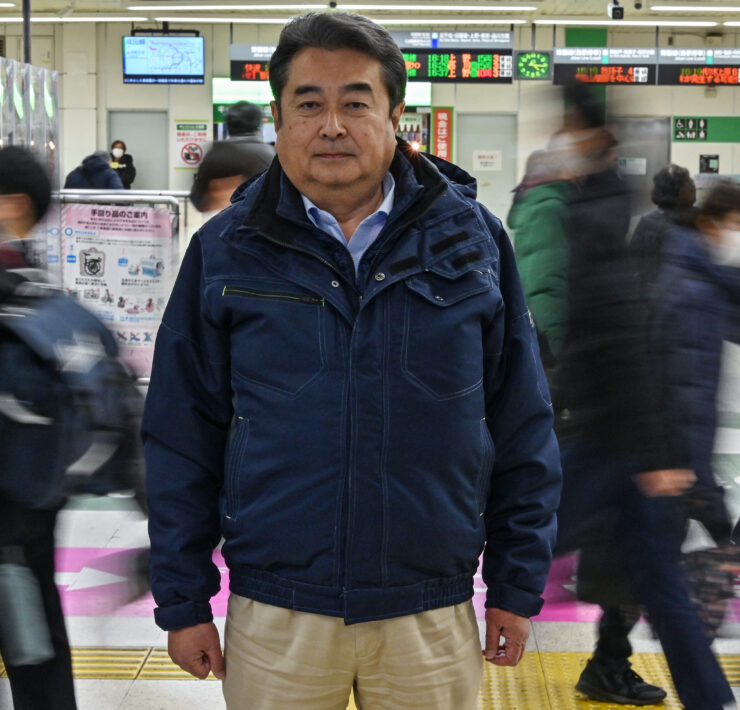Amid trade wars, Manila hosts gathering of Asian experts to discuss the ‘volatile situation’
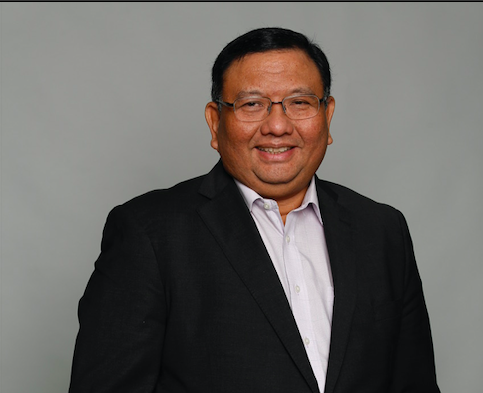
Experts and government officials from the Philippines, Japan and Australia met on Tuesday to examine the current international economic and security situation, and devise strategies on how allied states can cooperate to avoid coercion from global superpowers.
Former Energy Secretary Rene Almendras, the chair of the economic session of the forum, said that the data presented in the forum showed how volatile the economic stage has been due to recent developments, and that the government must find ways to avoid becoming “collateral damage.”
“I think it was from Japan when he [presenter] said, economic collateral damage. Meaning, you’re not part of the trade war/trade hustle, and you’re just on the side. You’re literally an audience. But you’re going to get hit,” Almendras told select media on the sidelines of the forum held in Manila.
Chris Gardiner, CEO of the Australian think tank The Institute for Regional Security, also told the press how “volatile” the situation has become.
“With a changing US administration, how did the three countries see the changing circumstances? The biggest challenge is with the regional power of China. But how do we generally cooperate, build economic security and economic prosperity?” Gardiner asked.
Based on the data presented, Gardiner said there has been a very “significant shift” with China “dominating” the supply chain and other critical industries like chemicals, metals, and electronics.
Dependence on China
One of the papers presented during the forum also showed how countries might understand how they’ve become “dependent on China” through their supply and value chains and what countries could do to mitigate this.
Gardiner added that the Philippines is at the “frontline” of it all and highlighted the need for Manila, Tokyo, and Canberra to work together to help secure each other’s economic independence no matter what direction the competition may go.
“Each of us has had sanctions imposed on us. So, we share that. And one of the beliefs, one of the intentions, is that the three countries can actually not just learn from each other, but support each other,” Gardiner said.
Almendras pointed out that the Philippines could learn from the Japanese government’s strong relationship with its private sector.
“The cooperation of the private sector and the governments of Japan–they have a very clear view of what the reality is which allows them to play very well in that field that they’re doing. Do we even have that in Manila?” Almendras said.
Maritime transparency leader
Gardiner pointed out that the Philippines has become a “leader” in maritime conflict transparency.
“The leadership in the maritime [sector] is that the Philippines is providing international leadership on transparency. Transparency strategies to deal with hybrid warfare, for example. It’s already led the world in its defense of a rules-based order,” Gardiner said.
Manila has been in a maritime conflict with China for over a decade, with the latter insisting on ownership over practically all of the South China Sea, including the West Philippine Sea.
However, the 2016 Arbitral Award reaffirmed the Philippines’ 370-kilometer exclusive economic zone in the western region and rejected China’s claim for having “no legal basis” in international law.














